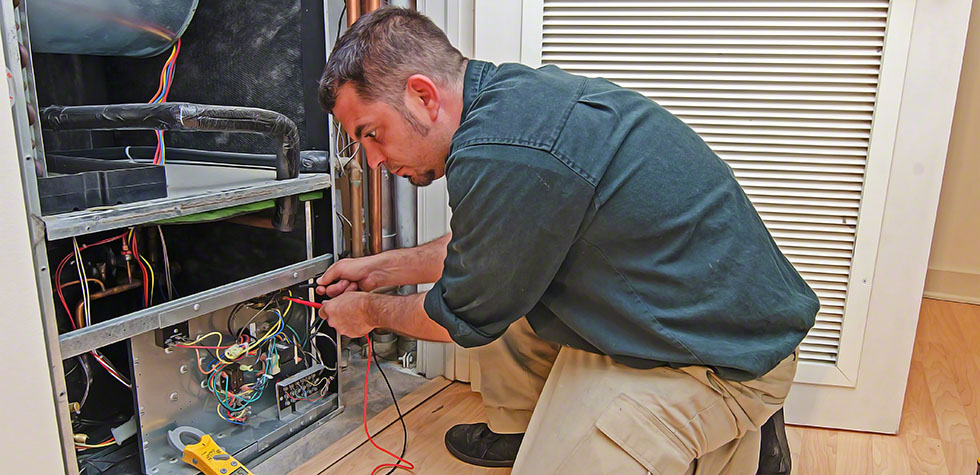There are many allergies that can affect a human being. An allergy specialist is the ones to go to when you get an allergy. One type of allergies is pet allergies which can affect you in different ways like wheezing, coughing, hay fever, etc. Here are a few symptoms and their treatments of pet allergy.
Symptoms of Pet Allergy
There are a lot of common symptoms a person can show if he or she is catching the allergy. These symptoms shouldn’t be taken lightly, and you must contact an allergy doctor to treat the symptoms properly. Look out for these signs of symptoms:
- Runny nose
- Sneezing
- Itchy or watery eyes
- Nasal congestion
- Rashes or hives
- Coughing
- Wheezing
- Eczema
- Swollen or bluish color under the eyes
- Difficulty in sleeping
- Hay fever
- Chest congestion or tightness
- Allergic dermatitis
- Trouble in breathing for asthma patients
- Redness or itchiness where the pet has touched you
Above mentioned symptoms are developed from a pet like a cat or a dog and it is important to look for these signs especially if you have children in your house. Children tend to rub their nose upward when developing an allergy so don’t hesitate and take the victim to an allergy specialist. Symptoms may start to show in a few hours and treatment should start immediately before it gets worse. Studies show that people who were raised as kid with a few pets in home are at a lower risk of pet allergy that those who never lived with pets during childhood.
Treatments
Different symptoms are treated differently. You may not recover fully in a single treatment session and may have to visit the allergy doctor for a few more sessions. Here are a few treatments and prevention of pet allergies.
In order to get the right treatment whether it’s pet allergy or drug allergy or any other, you need to diagnose what the allergy is and that’s why there are different tests to determine that. Some of the most common are skin and blood tests.
Skin Test for Pet Allergy
After you find an allergy doctor, they will ask for skin prick test first up in order to narrow down the large possibilities of the allergies. Your skin is tested using purified allergen (of the pet you’re allergic to) extracts that are probed into your skin. This can be done anywhere on the skin but the most preferred are upper back and forearms. If your body shows reaction like rashes to it, this mean you have pet allergy. If cat allergens were used, you have cat allergy and if dog allergens were used, you have dog allergy, and so on.
The whole process of diagnosing pet allergy takes about 20-30 minutes.
As cat allergies are the most common, if you go to a doctor, they will check your skin with cat allergens first. However, if you know of a specific pet already, they will do the skin prick test with that pet’s allergen.
Blood Test
If the skin test is not enough to determine the allergy whether the reason is skin condition or the pet allergy itself, the allergy doctors resort to a blood test. A blood test is sure to get an answer. They just examine your blood for the allergens to accurately determine them.
Then comes the part of actual treatment and here are some of them.
Antihistamines
These come in the form of nasal spray and syrup for children to prevent itching and sneezing. In more medical terms, antihistamines reduce the production of a chemical that causes a reaction with the allergens.
Corticosteroids
Used when the patient has hay fever. It is also manufactured as a nasal spray but functions differently. It reduces inflammation in your body and has much less risk of side effects. It also reduces the symptoms of asthma.
Immunotherapy
The immunotherapy is done by allergy specialists and is meant by the complete elimination of a certain allergy essentially making your body immune from such antibodies. You will be given allergy shots through multiple sessions of treatment. This treatment is effective, but it is a long process because you don’t know how much antibodies are left in your body. Every month for three to five years, you need a maintenance shot to keep your body in check. For that, you need to find allergy doctor who is honest and experienced.




